
The recruitment game has changed drastically over the last decade. It is moving away from resume and phone screening of candidates to video interviews and skill assessments. As per studies, the global recruitment software market was valued at USD 1753.2 mn in 2017 and is expected to grow at a compounded annual growth rate of 7.4% to reach USD 3095.8 mn by 2025. The key market drivers include:
- The need for enhanced communication capability and productivity of recruiters
- Growing adoption of cloud-based solutions
- The need for streamlining recruitment processes
Additionally, recruitment has become highly competitive. Organizations have to compete with other organizations to find the best potential employee whilst businesses have to wade through a significant number of applicants to find a suitable candidate. A superb solution to help with such recruitment issues is recruitment software. This article looks at the *top 11 must-have recruitment software in 2020 that could benefit your business.
*The reviews are taken from G2
1. Job boards and aggregators

Job boards are websites where recruiters post jobs directly. On the other hand, Job aggregators are search engines that compile job listings from different websites (including job boards) into an online, single, searchable interface.
Some of the best job boards and aggregators are:

Hunter is an excellent tool for sourcing candidates. It lets recruiters source email addresses instantly from any website. Also, it works particularly well on LinkedIn. This makes getting candidate information a breeze, and recruiters can even build a list of the candidates they’ve sourced in LinkedIn search pages.


Hiretual is an excellent addition to a recruiter’s toolkit. It has an AI-powered assistant that works behind the scenes. Hence, this tool is especially useful for junior recruiters. The application, trusted by renowned companies like IBM and Intel, lets recruiters find potential candidates not just from regular avenues such as job post websites but from across the web.


For the past 3 years, SimplyHired has been named a ‘Top job search website’ by Forbes and PC Magazine. It is an excellent job search engine for external hires that collects job listings from all over the web, including company career pages, niche job websites, and job boards. 30 million candidates come to their website, mobile sites, and an extensive network of partner sites every month. It is a free service.


Indeed has a resume database of 100 million and is the biggest source of external hires and. According to studies, Indeed delivered 65% of all hires made in the United States from online sources in 2016, which represents a further widening of an already commanding lead. Allows free job postings.

2. Networking platforms

Social recruiting is of vital importance for companies as more people are joining social networks and leveraging them for job search. Recruiters and hiring managers at organizations of all sizes use social networks to attract potential candidates.
92% of recruiters use social media in their recruitment efforts - Source: Harver
Some of the best networking platforms are:
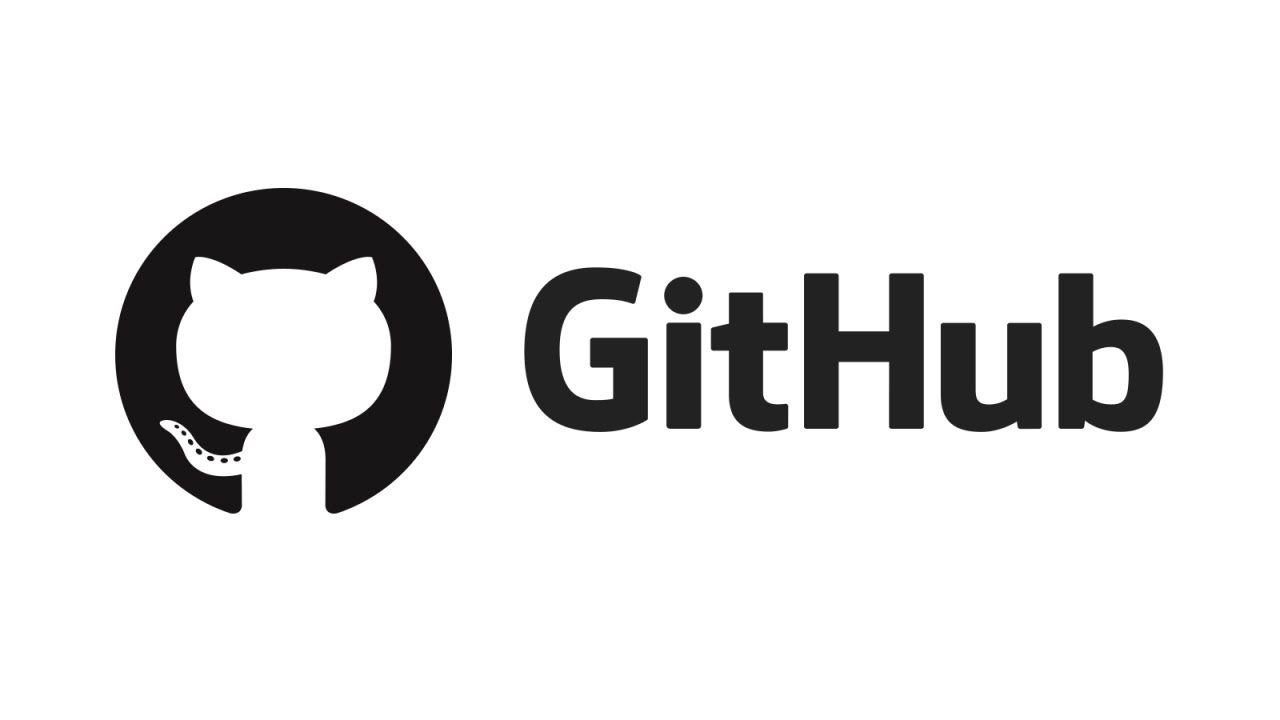
Github is the holy grail and the world’s leading platform for developers. It is a great place to look through candidates’ code and projects. If recruiters are hiring IT professionals, Github has a lot to offer. It is a free service.

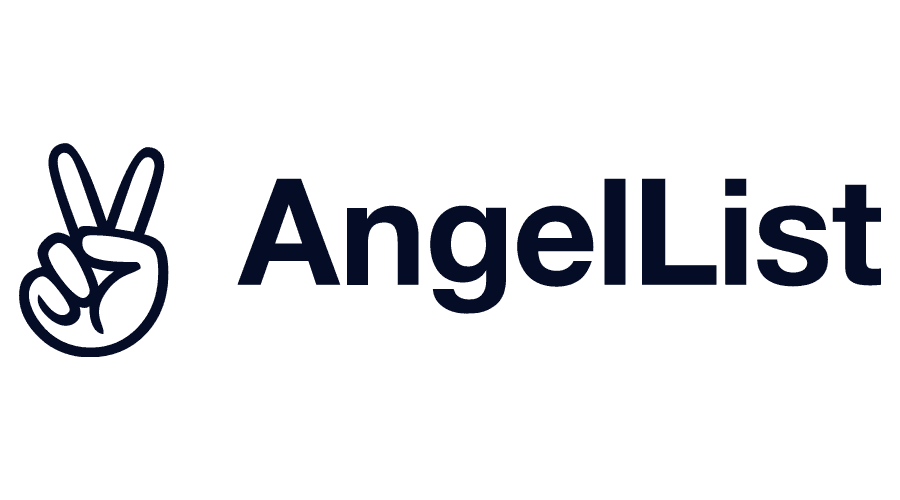
If you are a startup wanting to hire quality candidates, AngelList is the perfect solution. Through AngelList, candidates can search for startups and communicate directly with founders and vice versa. Posting a job is free.


Eventbrite lets recruiters browse, promote, and host events by location and category. They can choose those events where they’re likely to find their potential candidates.


LinkedIn is one of the most popular social media platforms today. In addition to finding jobs on the platform, recruiters can tap into potential candidates, faster. The platform has powerful search tools such as Spotlights, guided search, and advanced recruiting filters.

3. Employee referral tools
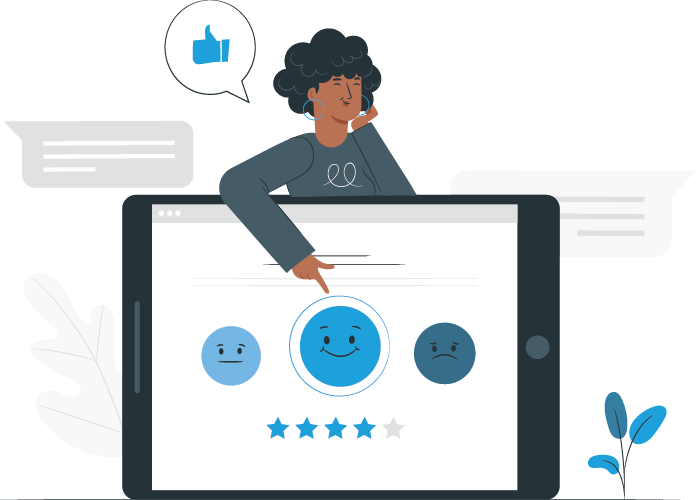
Employee referral tools enable the growth of an organization’s employee referral program, making job sharing simple and enabling the connection with qualified and reliable candidates.
82% of employers rated employee referrals above all other sources for generating the best ROI. - Source: TalentLyft

Employee referrals is a platform that lets employees refer candidates with ease. It sends messages and incentives to employees, helping recruiters keep track of referrals and rewards.


The RolePoint platform lets recruiters manage referral incentives without the hassle of maintaining spreadsheets or calendar reminders. It allows recruiters to grow and track referred candidates with utmost precision and provides deep analytics, gamification, and campaigns that make the experience much more interesting and rewarding.

4. Applicant tracking systems (ATS)

The basic role of an applicant tracking system is to collect and sort thousands of resumes. These tools keep all resumes in one place, helping TA professionals stay organized as well as EEOC compliant. These tools also save time by surfacing and highlighting top candidates automatically.
Around 75% of recruiters and hiring professionals use an applicant tracking software. In addition, the vast majority of those recruiters and hiring professionals (94%) say that applicant tracking systems have improved their hiring process. - Source: Capterra
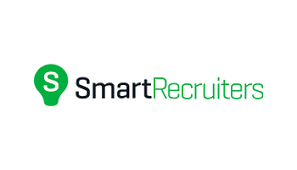
SmartRecruiters’ Talent Acquisition Suite is built for recruitment marketing on a modern cloud platform with an open marketplace for 3rd party recruitment services. It provides talent sourcing & engagement with native collaboration, assessment, and AI tools.


A cloud-based software, Oracle Taleo provides solutions for talent acquisition, development, and retention. It provides end-to-end automation of recruiting processes and can be modified to suit the needs of any business.

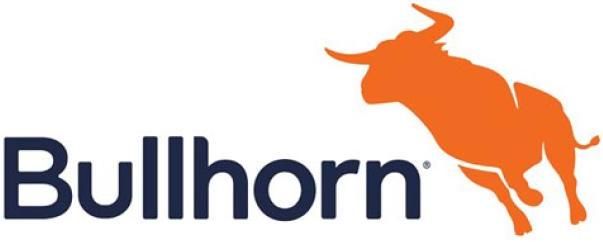
Bullhorn allows the easy access and management of candidate data, tracking of email interaction, real-time updates of candidate records, in-system access to LinkedIn records, and much more.

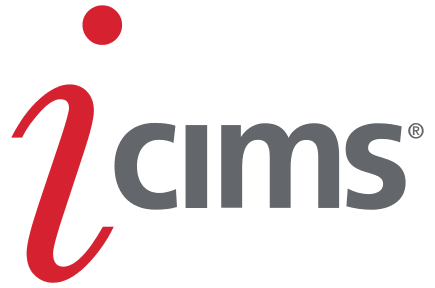
iCIMS has been serving more than 4,000 clients from across the globe for the past 10 years. The platform is comprised of three flexible recruiting suites to match the needs of small and large businesses alike.


Besides enabling applicant tracking, Greenhouse also offers a holistic HR administration to create focused interviews and a culture that is free of bias.

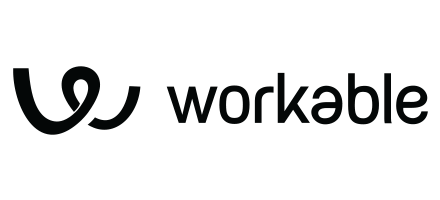
Workable is a holistic ATS that can be accessed on the desktop as well as mobile. This system provides easy single-point access to candidate profiles, team communications, interview schedules, and scorecards.

5. Pre-employment assessment software

Pre-employment assessment software, also known as recruitment testing software or hiring assessment software, is a tool that lets recruiters hire candidates through tests or assessments. These tests may be to check their IQ, learning quotient, technical skills, aptitude, or something more specific to the job role.
97% of hiring professionals consider the better quality of hire a top benefit of pre-employment testing. - Source: Haver
Some of the best pre-employment assessment tools are:

HackerRank enables organizations to create multiple tests for hiring developers. The platform creates coding and technical assessments to help recruiters assess the skills of candidates.


Designed to be a direct competitor to HackerRank, HackerEarth is a comprehensive developer assessment platform that helps organizations accurately measure the skills of developers during the recruitment process.


Pymetrics is an AI-driven and bias-free recruitment tool that uses algorithms to match candidates to jobs using gamified neuroscience tests.

6. Video interviewing tools

At least two-thirds of recruitment professionals use video interviewing tools, and it’s not hard to see why. These tools make the entire recruitment process quicker and easier for candidates and recruiters alike. With video interviewing, interviews can happen anytime, anywhere.
52% of organizations use video interview tools in their recruitment process. -Source: PageUp
Some of the best video interviewing tools are:
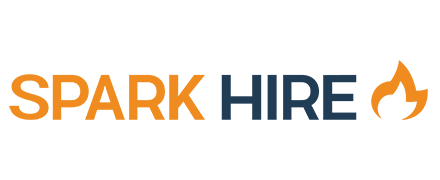
An easy-to-use video interviewing platform, Spark Hire serves 5,000+ customers in over 100 countries. It caters to organizations of all sizes to make better hires.

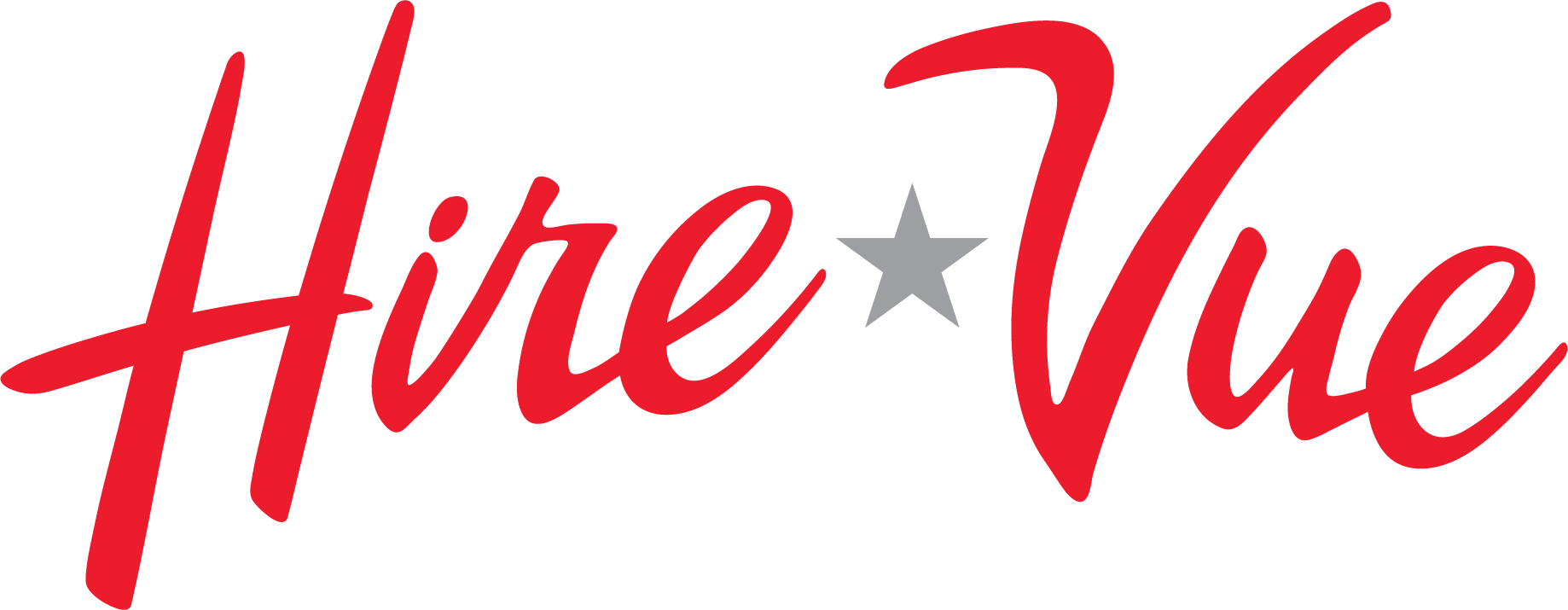
HireVue enables better hiring with AI-driven predictions. It claims to increase productivity, enables better outcomes, and create a great candidate experience.

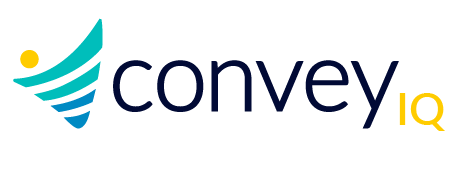
ConveyIQ delivers seamless, personalized applicant communication, such as video interviews, interview scheduling, sending emails, which companies need to enable a remarkable candidate journey.

In addition to video interviewing software, JobVite infuses automation and intelligence into the expanded recruiting cycle of today to increase the quality, speed, and cost-effectiveness of hires.

7. Candidate relationship management (CRM) software

A candidate relationship management software, also known as a candidate experience software, helps HR personnel, recruitment professionals, and hiring managers provide candidates with personalized candidate experiences, leading to improved candidate engagement in the hiring process.
69% of candidates with a negative candidate experience won’t apply for a job in the same organization. - Source: TalentLyft
Some of the best CRMs are:
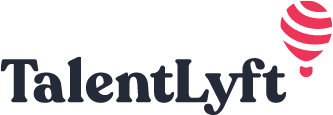
If you are looking for an entry-level CRM, then TalentLyft is a great option. It helps businesses distribute their job openings to multiple premium as well as free job boards. Additionally, the platform automatically enriches candidate profiles, offers email automation to keep candidates engaged, schedules interviews (which recruiters can also keep a scorecard of), and much more.


Beamery is all about attracting passive candidates to an organization. Recruiters can easily source candidates, create tasks, notes, and follow-ups to collaborate more efficiently with candidates to ensure they’re hiring the right people.


Avature is perfect for companies looking to hire fresh graduates through university recruiting. Businesses can students by building events and managing their campus recruiting activities using a single platform.

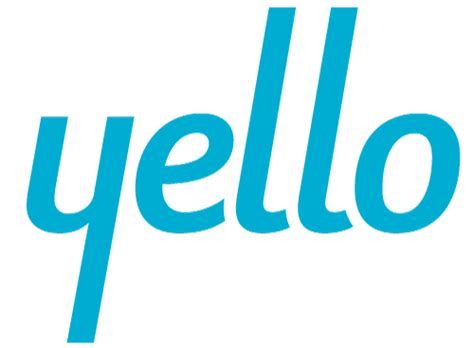
If you are a large company that receives thousands of applications, then Yello is for you. Yello can help recruiters screen and engage with candidates at scale. The platform helps build a candidate pipeline and provides detailed reports of your hiring efforts.

8. Background check software
Background checks are reference checks that involve contacting a potential employee's co-workers or supervisors to gain an understanding of the person’s behavior, work ethics, character, and more. Background check tools aid in securing information about potential hires other than hires themselves. These tools also help determine if the potential employee has any criminal records, motor vehicle violations, misrepresentation regarding education or work history, and others.
81% of people lie about themselves during job interviews. - Source: Harvard Business Publishing

GoodHire serves more than 80,000 customers and is known for its smart, flexible, and easy background checks. They provide a candidate-friendly background check experience where the potential employee has to enter information and digitally sign a consent form, file dispute in case of inaccurate information, assess their results in an online portal, and much more.


Checkr provides AI and ML-driven background checks to make hiring more efficient and inclusive. In addition to background checks, the platform helps recruiters hire at scale, streamline operations, improve compliance and candidate experience, and expand their candidate pool.


Accurate is a background check platform, having strong audit techniques and quality control. It offers a wide range of background check services, such as verifications, criminal searches, driving history, drug testing, and more.

9. Employee advocacy software

An employee advocacy software helps companies turn their employees into the organization’s brand ambassadors. It enables employees to share curated, pre-approved content across their social network with the help of pre-approved content libraries. When employees advocate for their business or brand with the help of such tools, they extend the reach of an organization’s message by sharing it with their network easily.
Nearly 86% of employees involved in a formal advocacy program say it had a positive effect on their careers. - Source: Hootsuite
Some of the best employee advocacy software are:

LinkedIn Elevate is an employee advocacy tool that uses LinkedIn’s social media platform, enabling admins to curate content trending on LinkedIn and then suggest it to their employees.

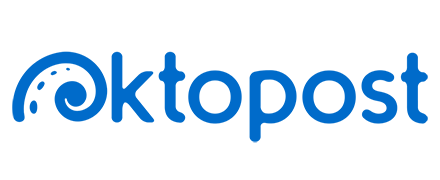
An employee advocacy and social media management platform for B2B companies, Oktopost enables marketers to streamline their advocacy activities on one platform. It pulls content from various advocacy channels to post on corporate channels and vice versa.


An additional perk of Hootsuite’s social media management solution, Hootsuite Amplify allows marketers to share with advocates pre-approved content, send email notifications about new content, post content via a mobile app, and more.

10. Human capital management software

Human capital management software (HCMS), also known as human resource management system (HRMS) or human resource information system (HRIS), are enterprise-class tools that can automate and scale-up processes such as performance reviews, payroll, recruiting, training, etc.
Only 15% of employees worldwide are engaged in their jobs. - Source: Gallup
Some of the best HCMS are:
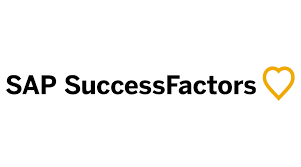
SAP SuccessFactors provides provides cloud-based software for human capital management using the Software as a service (SaaS) model. It has more than 6,400 customers with over 100 million users in 60 industries in over 100 countries.

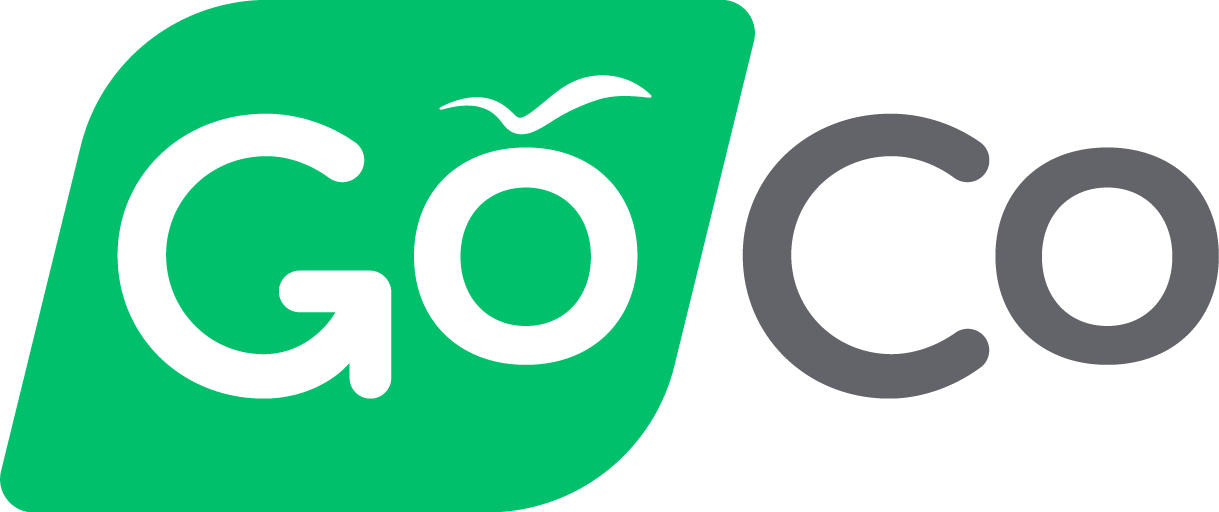
GoCo enables organizations to streamline payroll, onboarding, benefits, attendance, and other HR details. The software can automate your onboarding checklist and provide a delightful experience to new hires before and after they join.

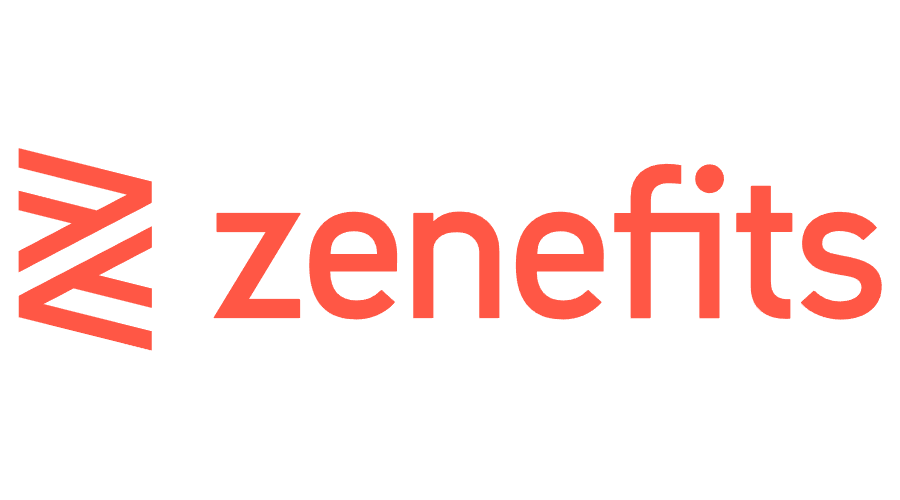
Zenefits is an AI-based software that enables human capital management, targeting all significant areas within the workforce. It simplifies processes such as hiring and onboarding. It also fosters better management through employee self-service.


BizMerlinHR is another AI-based HCMS that provides a broad range of services such as applicant tracking system, workforce planning, retention management, goal management, and more. It is ideal for small (10-50 employees) and medium-sized (50-250 employees) organizations.

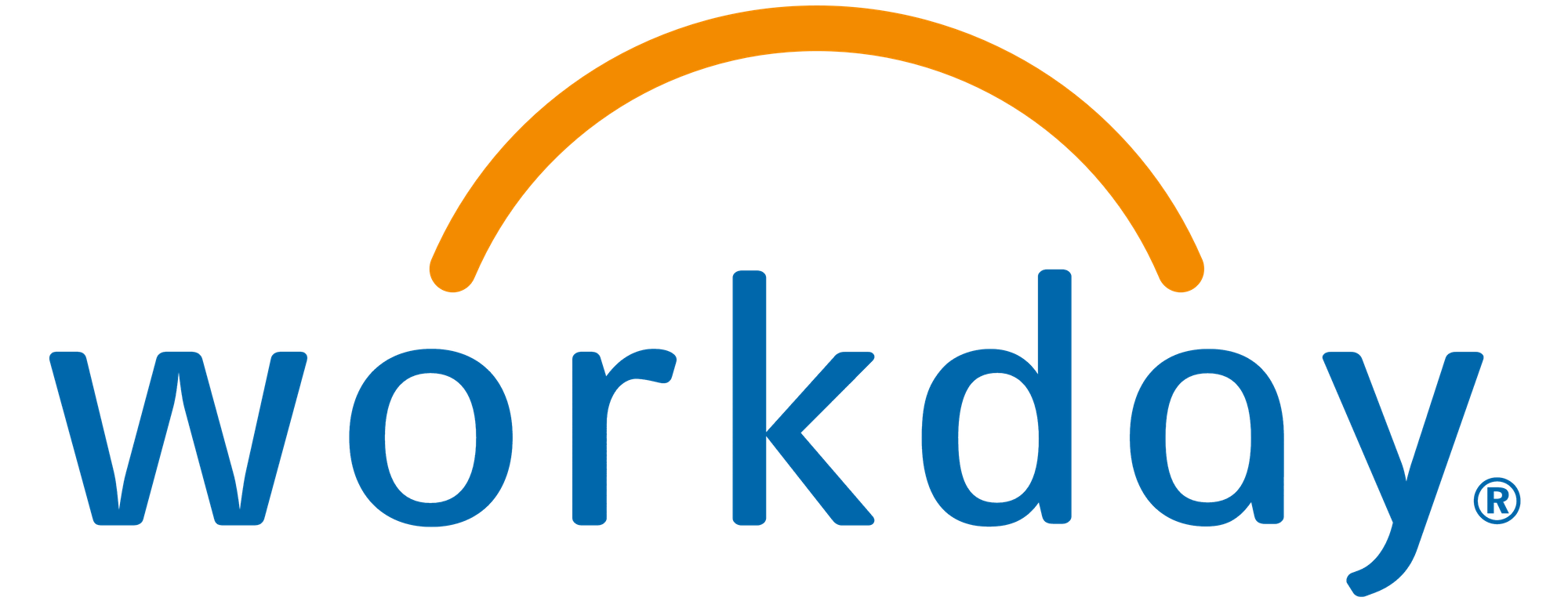
A comprehensive HCMS, Workday provides a number of services such as HR engagement, reporting and analytics, talent management, payroll, and more. It is user-friendly, offers good compliance and integration features, and is perfect for organizations with global roots.


A people-focused platform, BambooHR has several modules, each with different HRM capabilities. It takes care of hiring and onboarding processes, compensation, people data and analytics, and much more. Also, the platform is known for providing top-of-the-line customer support.

11. AI Recruitment Software
With the challenges for modern recruiter changing, traditional software are often not good enough. Modern recruitment needs AI-powered tech that can empower the hiring team by automating repetitive and tedious work.

Skillate: Skillate is an AI recruitment platform, making recruitment easy, fast, and transparent. The product helps in optimizing the entire value chain of recruitment, beginning from creating the job requisition, to resume matching, to candidate engagement.

Their proprietary tools and products include:
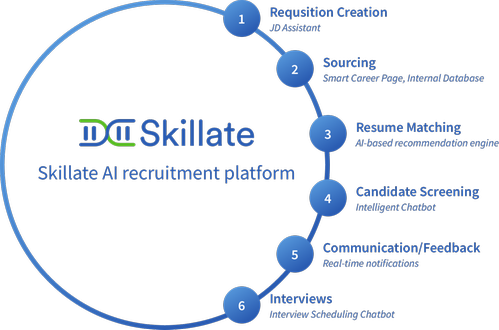
Automated resume parsing: AI and Deep Learning based model trained on 120 Million profiles to understand the semantics of each and every statement present in the resume.
Job v/s resume matching: Persona Matching rather than Keyword Matching. Recommendation based on Industry, desired skills, roles, and responsibilities to get the best candidates in a click.
Smart Chatbots: Unique on its own as enterprises are automating the entire pre-screening conversation with the help of a bot. Some of the important questions like Notice Period, Location Preference, Flexible to work in shifts that are not there in resumes become very important for the recruiters to take the candidates forward.
Job Description Assistant: To help enterprises in attracting great talent and position themselves in employer branding.
Summing up…
This was our list of the must-have recruitment software and tools for 2020. However, it is important to remember that the recruitment industry is dynamic and rapidly evolving.
Also, with a myriad of recruitment software in the market, it may be challenging to choose the ideal one that suits your needs and budget. Hence, do some research and assess your recruitment needs. Did we miss any important recruitment tool?
Let us know in the comment section below. We would love your contributions! Till then, Happy Hiring :)
1.